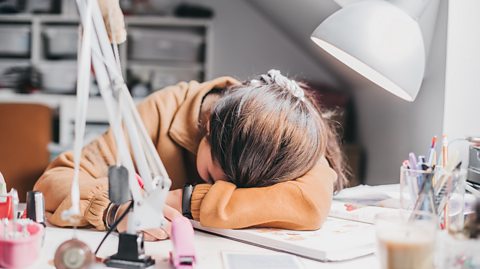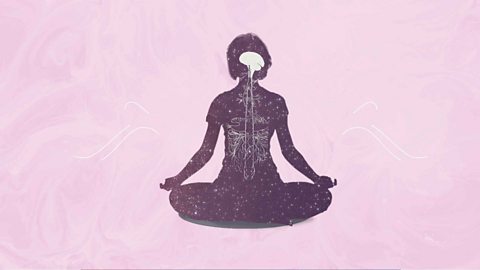This article was first published on 11 March 2021.
You might have heard the phrase тself-careт or seen it as a trending hashtag.
But what does self-care actually mean, and how do you do it? Clinical nurse consultant Emma Selby tells us the top things to know about self-care.

What is self-care?
Self-care is a broad term for anything we do for ourselves solely for the purpose of looking after our body or minds. It means looking after yourself physically, emotionally and socially.There are many forms of self-care, from making sure you get enough sleep or are eating well, to taking up a hobby that helps you to relax.
Self-care is very important as it ensures we are doing all the things our body and mind need in order to function at their best. Unfortunately, self-care is often thought of as a luxury or an indulgence, rather than something as everyday and essential as cleaning our teeth. This means people often donтt prioritise themselves and as a result can end up feeling stressed, burnt out, tired and even ill.

How do we practise self-care?
Broadly speaking, we can think of self-care as falling into three main categories: physical, emotional and social. Itтs important we have an awareness how each of these areas of our life can effect our overall feelings of health and happiness.
1. Physical self-care
There is a strong connection between your body and mind, and you need to look after your body if you want it to work well. Meditation wonтt help your feelings of stress much if youтre not getting enough sleep. Likewise, going for a run wonтt help boost your mood if youтre only eating sugary foods and drinks.
Be honest with yourself about how well you're looking after yourself. Are you getting enough sleep? Eating well? Getting enough exercise? If the answer is no to any of these things, how can you change this? Small things such as going for a lunch time walk can make a big difference. Maybe you could bake something healthy for you and your family, or try having a warm bath before bed to wind down.
2. Emotional self-care
Itтs important to have healthy ways to deal with difficult emotions like stress, anger and sadness. If we let feelings like worry or anxiety build up we can end up feeling overwhelmed. When we talk about emotional self-care, we are talking about the things you do to help manage these emotions.
For some people, that might be getting physical, like going for a run or walking the dog. This helps to release some of that restless energy and increase dopamine levels (your happy hormone). For other people, it might be doing something you find relaxing or enjoyable, like reading a book, baking a cake or doing some art work. Doing something you find pleasure in can also help release happy hormones whilst focusing your attention elsewhere for a while.

3. Social self-care
Our relationships with other people have an important impact on how we feel. If youтve ever had an argument with your best friend then youтll know it can leave you feeling sick inside.
Sometimes we also need a break from all the pressures that come with trying to keep up with friends - thatтs a form of self-care as well. If you find that you often feel stressed or anxious after spending time on social media channels or in group chats then it might be a sign that you need a small break. Constantly comparing ourselves to others can be exhausting and can encourage that internal critic who makes us think we arenтt good enough. Try muting the group chat for 24 hours and unfollow any social media accounts that donтt make you feel empowered or inspired.
The important thing to remember is that we have to change the way we think about self-care. If youтre feeling tired or stressed out but keep putting off the things you enjoy to focus on the things you think you need to do, this could be a good sign youтre not putting yourself first. Try starting small and setting 30 minutes everyday that is time just for you to look after you.


If you need support
You should always tell someone about the things youтre worried about. You can tell a friend, parent, guardian, teacher, or another trusted adult. If you're struggling with your mental health, going to your GP can be a good place to start to find help. Your GP can let you know what support is available to you, suggest different types of treatment and offer regular check-ups to see how youтre doing.
If youтre in need of in-the-moment support you can contact , where you can speak to a counsellor. Their lines are open 24 hours a day, 7 days a week.
There are more links to helpful organisations on ТщЖЙдМХФ Action Line.

Five DIY self-care activities to relax at home
Treat your household to a homemade spa day or simply relax with these DIY self-care activities.

Dr Radha's three tips that can be carried out anywhere

What sounds do we find most calming, and why?
Some of these sounds may surprise you!
